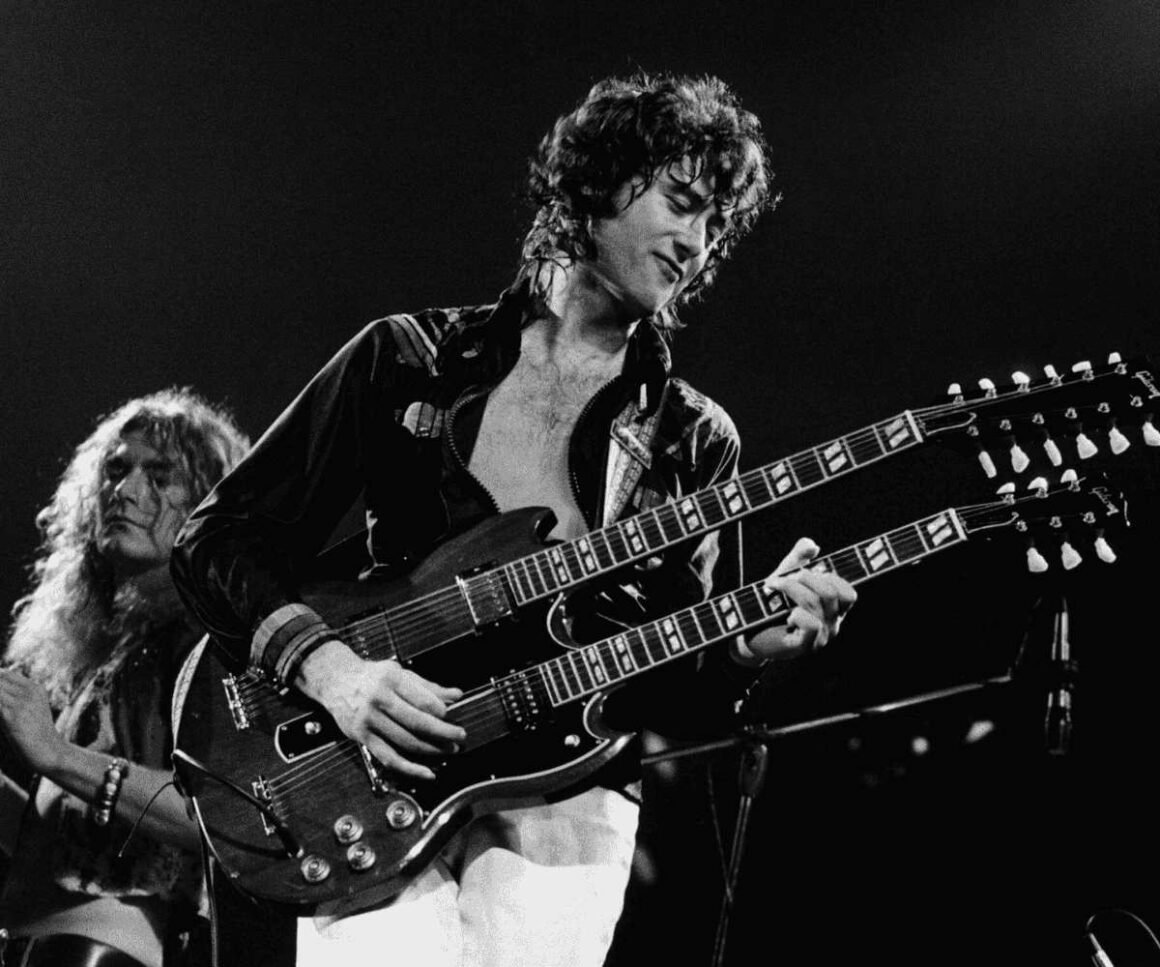Caleb Quaye, the acclaimed guitarist renowned for his collaboration with Elton John, recently shared insights into his career and his transition into session work after Jimmy Page stepped back to join The Yardbirds.
Comparing session work today with that of six decades ago presents challenges. While the core principles remain—playing what the artist wants in the way they envision—Quaye noted significant differences in the environment. Back in the day, with everything recorded on tape, tight schedules and the high costs of magnetic tape created a stressful atmosphere that contrasts sharply with today’s more relaxed approach.
In a recent interview with Guitar World, Quaye explained that the stress of studio sessions contributed to Page’s decision to step away from session work.
When asked about his entry into the studio scene, Quaye recalled, “A friend of mine, Billy Nicholls, was signed to Andrew Oldham’s Immediate label.
He would bring in demos, and I would engineer them. When Billy recorded his first album at Olympic Studios, he wanted me to play on it because I had helped with his demos.”
Although he was young, Quaye brought a wealth of experience to the table. His talent led him to the gig that Page vacated when he shifted his focus.
Quaye continued, “I was at a rhythm section date—maybe 16 at the time. After we finished, David Katz, the contractor, told me, ‘Caleb, I like what you’re doing.
I have all this work lined up for Jimmy Page, but he doesn’t want to do it anymore.’ Jimmy was a top studio guy, but he had a meltdown and decided to join the Yardbirds.”
Without hesitation, Quaye accepted the opportunity. “David said, ‘Would you like to do it?’ I replied, ‘Yes, sir—I would love to.’ He added, ‘First, I need you to join the Musicians’ Union.’ I ran down the street to the MU office and signed up. All the work lined up for Jimmy Page went to me.”
Before forming Led Zeppelin, Page had already made a name for himself as a respected session guitarist. Naturally, Quaye faced the question of what it felt like to step into Page’s shoes.
He noted, “They didn’t tell me to sound like Jimmy Page. I was free to play as I wanted. Nobody ever said, ‘We need you to play like Jimmy.’ If something specific appeared in the arrangement, I played it. Outside of that, I had the freedom to interpret it my way.”
Quaye’s journey illustrates not only his talent but also the evolving nature of the music industry, showcasing how one musician’s departure can open doors for another’s ascent.







